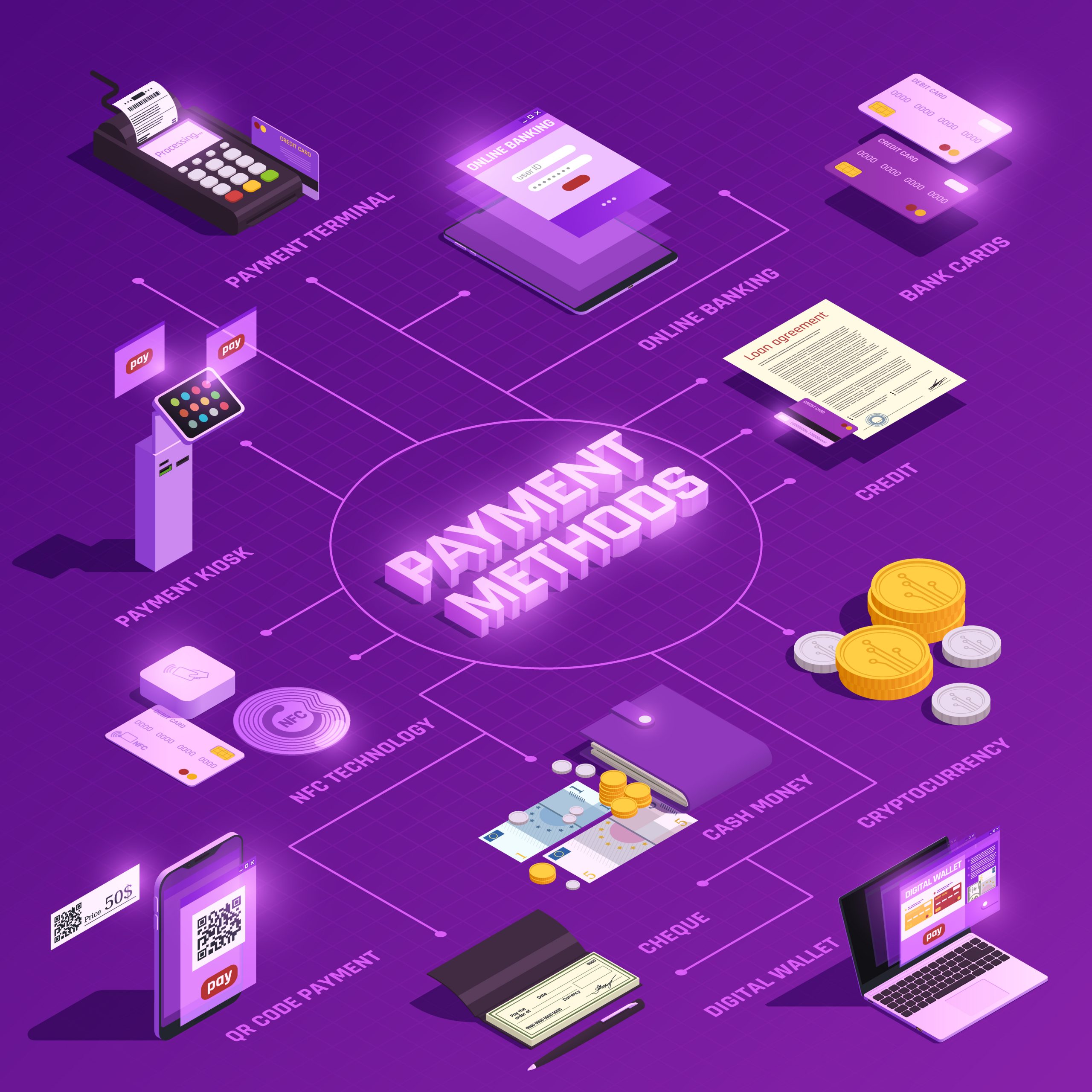As in today’s fast-paced digital landscape, businesses need seamless, real-time data integration to stay competitive and agile. Standing out from other integration strategies Salesforce Platform Events offer a powerful solution for achieving this, with enhanced real-time capabilities to monitor and process event-driven architecture.
This blog gives information as how the functionality of Salesforce Platform Events can transform your business operations and productivity, providing real-life examples to illustrate its impact.
What Are Salesforce Platform Events?
Salesforce Platform Events are part of Salesforce’s event-driven architecture, designed to enable the exchange of real-time data between Salesforce and external systems. These events are like digital messages that signal changes or updates, allowing different systems to react instantaneously.
As compared with Salesforce previous practices of batch integrations, Platform Events provide a way to handle real-time data flows efficiently, reducing latency and improving responsiveness.
Benefits of Platform Events vs. Other Integration Strategies
1. Real-Time Data Processing
Platform Events: Platform Events enable near-instantaneous data exchanges, ensuring that information is always current and relevant. This real-time processing is ideal for scenarios where timely updates are critical, such as order management or customer service.
Other Strategies: Traditional integration methods like batch processing or scheduled ETL (Extract, Transform, Load) jobs often involve delays, as data is processed at set intervals. This can lead to outdated or inconsistent information being available to users.
2. Scalability and Performance
Platform Events: Built on an event-driven architecture, Platform Events scale effortlessly to handle high volumes of data. They are designed to support many event messages, making them suitable for businesses with dynamic and growing data needs.
Other Strategies: Alternative integration strategies, such as point-to-point integrations or direct API calls, may struggle with scalability issues as data volumes increase, leading to performance bottlenecks and higher maintenance overhead.
3. Decoupled Architecture
Platform Events: Platform Events provide a decoupled approach to integration. This means that Salesforce and external systems interact through events rather than direct API calls, reducing dependencies and making integration more resilient to changes.
Other Strategies: Direct integrations often create tightly coupled systems, where changes in one system can necessitate changes in the integrated system. This can lead to complex, error-prone maintenance and increased downtime during updates.
4. Flexibility and Ease of Use
Platform Events: Platform Events are highly flexible, allowing businesses to define custom events that fit their specific needs. With declarative setup and straightforward event publishing, they are accessible even to users without extensive coding experience.
Other Strategies: Other integration methods may require complex coding or extensive configuration, making them less accessible to non-technical users and potentially increasing the time and cost of implementation.
Real-Life Examples and Impact on Business Productivity
1. Customer Support Automation
Condition: A tech company uses Salesforce Platform Events to automatically update customer support tickets based on data from an external issue tracking system.
Outcomes: By integrating real-time updates into Salesforce, support agents receive immediate notifications about ticket status changes, allowing them to respond faster and improve customer satisfaction. This real-time integration reduces manual data entry and error rates, leading to a more efficient support process.
2. Order Fulfillment Optimization
Condition: An e-commerce company leverages Platform Events to synchronize order information between Salesforce and its inventory management system.
Outcomes: Orders are processed and updated in real time, ensuring that inventory levels are accurate, and fulfillment processes are streamlined. This reduces the risk of overselling or stockouts and enhances operational efficiency, leading to quicker order fulfillment and better customer experiences.
3. Financial Reporting Accuracy
Condition: A financial services firm uses Platform Events to update Salesforce with real-time data from various financial systems.
Outcomes: Financial reports are generated with the most current data, improving the accuracy and reliability of financial insights. This allows the finance team to make informed decisions promptly, enhancing overall financial management and strategic planning.
Conclusion
Salesforce Platform Events offer a transformative approach to real-time data integration, surpassing traditional methods with their scalability, decoupled architecture, and ease of use. By embracing Platform Events, businesses can enhance operational efficiency, improve responsiveness, and achieve greater data accuracy. Whether you’re automating customer support, optimizing order fulfillment, or ensuring accurate financial reporting, Platform Events provide the tools needed to drive productivity and success in today’s fast-paced business environment.
If you’re looking to revolutionize your data integration strategy and unlock new levels of efficiency, Salesforce Platform Events are the key to achieving real-time, scalable, and flexible integration solutions.
Feel free to contact me to discuss how Salesforce Platform Events can be implemented in your organization and the specific benefits they can bring to your business.
#Salesforce #PlatformEvents #DataIntegration #RealTimeData #BusinessProductivity #TechInnovation #SalesforceImplementation #CRM





